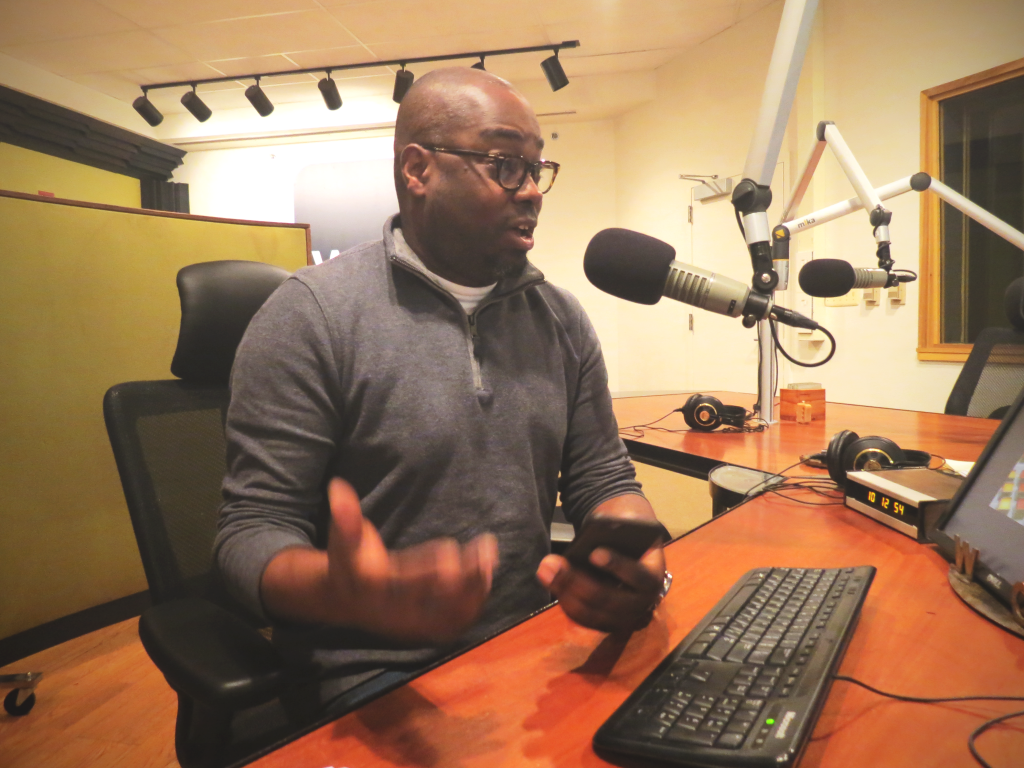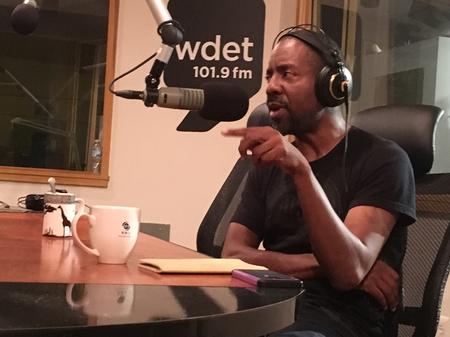What Is Privilege and Has It Changed Across Racial, Generational Lines?
Lester Spence says the question of privilege is based on how some African Americans’ economic situation has changed.


Defining privilege can be difficult. In a modern context, discussion of privilege often centers around the idea of “white privilege.”
There are, however, other types of privileges that fall along social and economic lines.
Detroit Today host Stephen Henderson grapples with the various forms of privilege that have played out in his life and that exist in the United States.
The opportunities that worked for and against him as a young black man in Detroit have gone on to impact his son, a young black teen attending the same private high school that Henderson did.
Lester Spence, associate professor of political science at Johns Hopkins University, speaks with Henderson about privilege on a structural level as well as a personal level.
Spence says the question of privilege is based on how the economic situation has changed for some African-Americans.
“What it really is, is how have the changes in the economy made it where certain black people, you know black people like you and I, can gain benefits? And then, how does the fact that we’re able to gain those benefits affect our desire and our political will to change the economy so that more people can benefit?”
Click on the audio player above to hear the full conversation.
